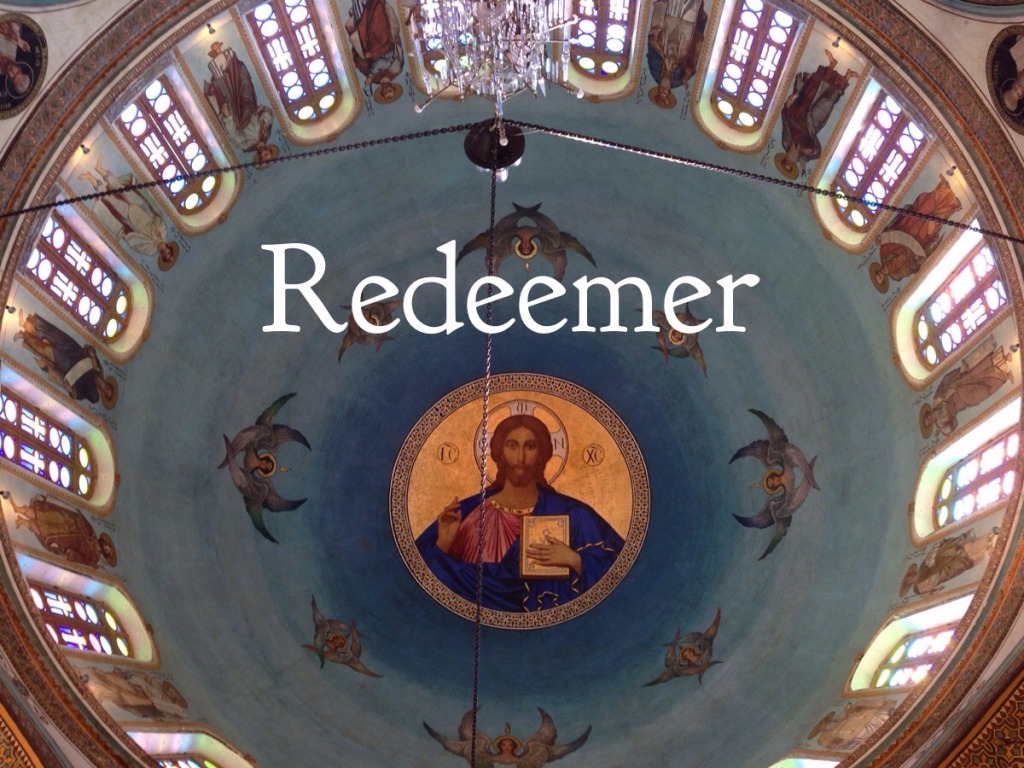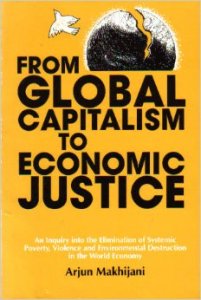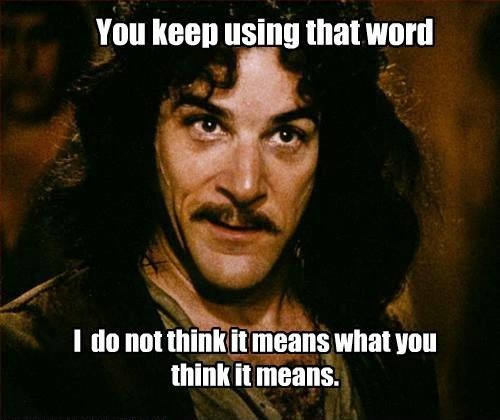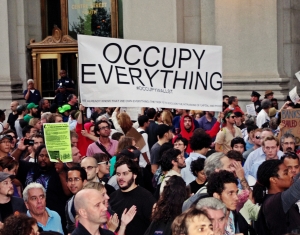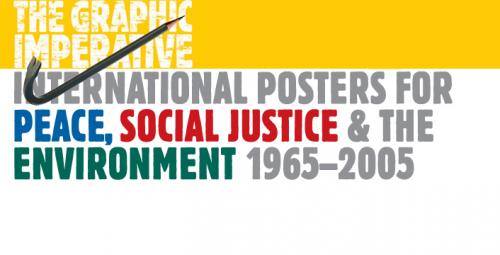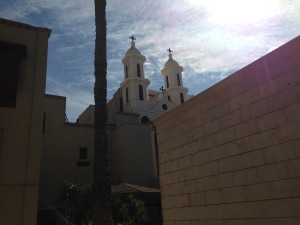Pardon the expression . . . but if the Bible contains a string of “magic words” these are they. I’m referring to a phrase repeated numerous times in the scripture. In fact, these lines—in a few variations—are some of the most frequently repeated in all the Bible.
The Bible reports that on several occasions, the unified saying or singing of these words by a group of people was accompanied by either a miraculous deliverance or a tangible manifestation of God’s presence and power—or both. These are clearly some powerful words.
We see the first recorded appearance of these extraordinary words in a song penned by King David to celebrate the bringing of the Ark of Covenant (and therefore the presence of God) back to the center of Israelite life. At the climax of a long, exuberant hymn of praise, David the extraordinary lyricist writes:
O give thanks to the Lord, for He is good;
For His lovingkindness is everlasting.
There they are. The phrases that seem to unleash Heaven’s power on earth.
Second Chronicles chapter 5 reveals how the unified singing of these special words resulted in the very glory of God Himself filling the room in cloud-like fashion—becoming so intense that the no one present could even stay on their feet.
In the 20th chapter of that same book, we see the Israelites going out into battle to face an overwhelmingly superior enemy. The army is led by the worship singers singing David’s special lyrics. Suddenly the enemy armies become confused and turn on each other. The attackers are destroyed without a single Israelite sword being unsheathed.
These words appear repeatedly in the Psalms of David and in a one of Jeremiah’s prophecies. As I said, they may very well be the most frequently repeated phrases in all the Bible. Why are they so obviously important and so clearly powerful?
The supernatural strength of this declaration is a three-fold cord. It is woven of these strands:
- A heart of gratitude
- An affirmation of God’s goodness
- A reminder that God’s love is covenantal and therefore relentless.
First, thankfulness is always the most appropriate posture for the child of God approaching the Father. Not fear. Not resentment. Gratitude. This special declaration then gives us two big reasons why this is so.
First, “. . . for He is good.”
A faith in God’s fundamental goodness is the foundation upon which all sound theology must rest. It is the presupposition . . . the underlying premise . . . from which all accurate logic and reasoning about God flows. It is the most important thing you can understand about Him. And it is the ultimate reason to be thankful—to God, and for God.
Second, gratitude is supremely appropriate because God’s “lovingkindess is everlasting.”
The Hebrew word translated “lovingkindess” here, or in some translations, “mercy,” is chesed. It speaks to the covenantal nature of God’s love for us. It means God’s love is more than an emotion or a disposition. His love is bound to us through an immutable, unchangeable, unbreakable covenant.
When you contemplate the truth that God loves you with a love that is relentless, tenacious, and impervious to your frailty, flaws and wavering faithfulness, the heart has only one rational response.
To cry, “thank you.”
And when we utter that cry together, it rends the very fabric separating Heaven from earth, allowing glory and power to pour down.


